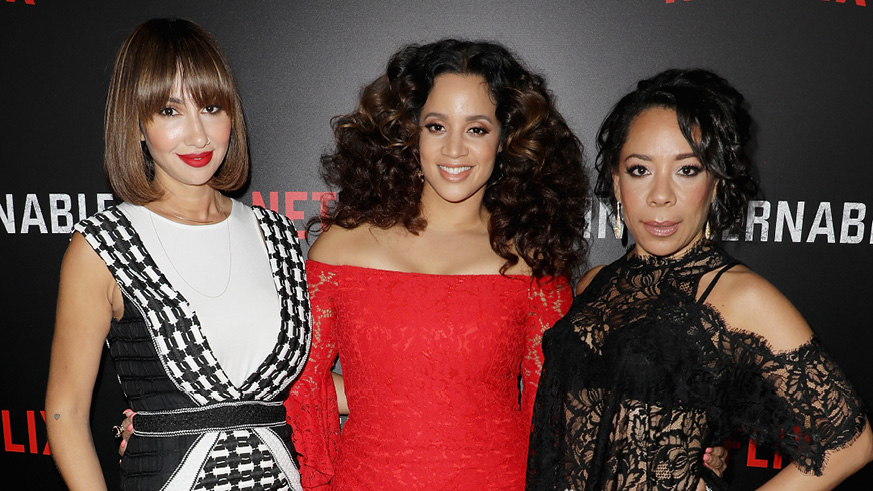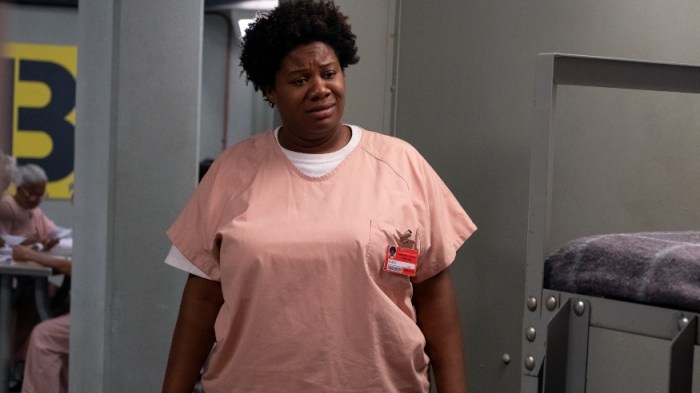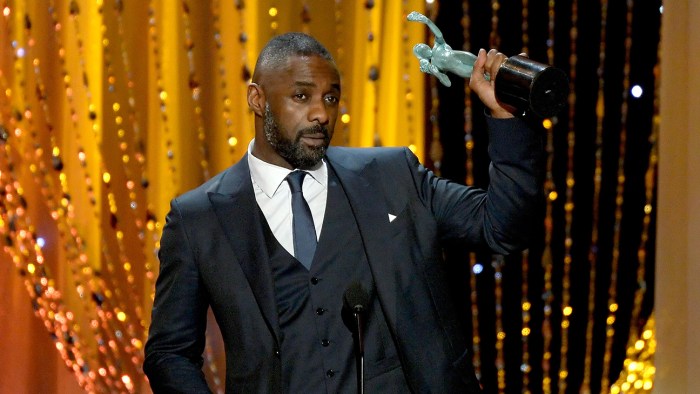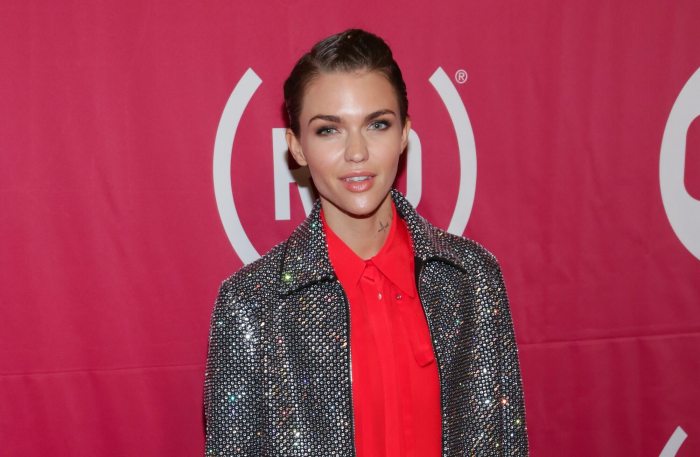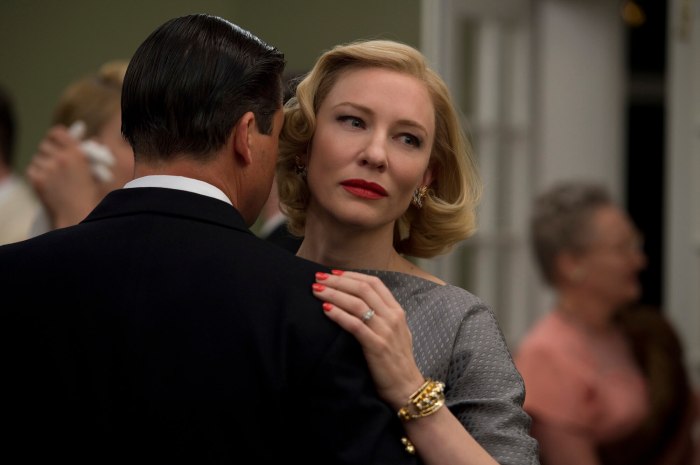It looks like this season of “Orange is the New Black” will be the most intense yet. The entire plot takes place over the course of three chaotic days in Litchfield prison. And according to Dascha Polanco, Litchfield’s idealistic Dayanara Diaz, the series is going bigger than ever. “There will be fights and explosions,” she says.
We sat down with Polanco, as well as Selenis Leyva (Gloria Mendoza) and Jackie Cruz (Marisol “La Flaca” Gonzalez) to talk about what they’ve learned from the series, politics in prison and showing the powerful side of Latina women on television.
So many stars of this show are powerful Latina women. How do you think that has changed television?
Jackie Cruz (JC): I think it started with our show, because we were the first ones. People saw how powerful Latinas could be in a role.
Selenis Leyva (SL): Netflix is breaking down barriers, and they’re not afraid to do things that have never been seen before. Women in a leading roles is something that goes way beyond what Hollywood is used to doing, and I think that’s why Netflix is so successful: empowered women are something that hasn’t been seen a lot.
Do you feel a responsibility in telling these stories that have to do with politics and society?
SL: I don’t look at them as responsibilities. My goal is to get home and say: “Today you did the best you could as a human being, artist and as a mother.“ And that makes me feel good.
Dascha Polanco (DP): The writers have been able to touch on these issues in an indirect way. Being able to be a Latina right now, outside of statistics and stereotypes is very important — not falling into the negative. We have to prove that we’re part of the United States’ DNA.
What have you learned from the prison universe?
JC: We’ve learned a lot, I feel like each season educates us a little more about the life these women live, and how corrupt and manipulative that world can become. It’ll be interesting because it reflects a little of what is happening in the U.S. at the moment.
SL: Life can become really political in prison. After the initial success of “Orange Is The New Black,” we started working with several associations that support women who now have a second chance. And their stories have surprised me. A lot of what happens in the series is really common — the relationships with the guards, the hierarchies.
This season is more intense than ever. How do you do to not let it affect you off set?
SL: You never know when something is going to affect you and how. There were some scenes that were difficult for me and affected me a lot — so much so that even when I got home I had to avoid certain subjects. But I always try to leave everything on set and go home leaving Gloria aside.
Did you ever imagine that you would have so much success?
SL: We never imagined it. Sometimes it’s still hard to believe. Now, we’re recognizable, so we’ve been able to take advantage to help different causes — like what we do with the LGBT community, the Women’s Prison Association, different children’s associations and even fashion.
DP: There’s also all the benefits we’ve gained, like getting into restaurants faster or getting an extra glass of wine on flights [they laugh]. It’s really a good thing indeed.

